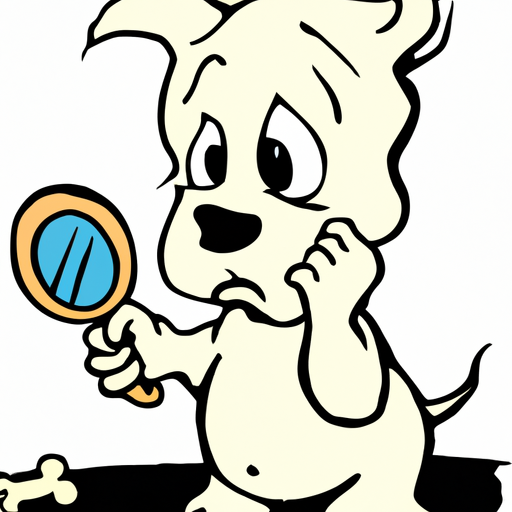As a caregiver, one of your responsibilities is to monitor your puppy’s oral health. You might be surprised one day to find a tiny tooth on the floor and wonder, “Is it normal for puppies to lose teeth?” The answer is yes, and it’s a process known as teething. Let’s delve into the details of this fascinating and entirely normal phase of puppyhood.
Understanding Puppy Teeth
When puppies are born, they don’t have any teeth. Their first set of teeth, known as deciduous or baby teeth, start to appear when they are about 2-3 weeks old. A puppy will usually have 28 baby teeth in total. These teeth are sharp and pointy, which can make playtime a bit painful for your hands or ankles!
The Teething Process
Just like human babies, puppies go through a teething process.
- 2-4 weeks of age: Baby teeth start to appear.
- 12 weeks of age: Puppies start losing their baby teeth, beginning with the incisors.
- 16 weeks of age: By this time, most puppies have lost their baby teeth.
- 6 months of age: Most puppies have their full set of adult teeth, which is typically around 42.
Signs Your Puppy Is Teething
As your puppy goes through this process, there are several signs you might notice:
- Increased chewing
- Drooling
- Missing teeth
- Bleeding gums
- Change in eating habits
How To Help Your Teething Puppy
When your puppy is teething, it can be a tough time for both of you. Here are some ways to help:
- Provide chew toys: Chew toys can provide relief for a teething puppy. Make sure to choose durable toys that can’t be easily torn apart.
- Use cold items: Chewing on cold items can help soothe your puppy’s gums. You can try freezing a wet washcloth or using special puppy teething toys that can be frozen.
- Feed soft foods: If your puppy appears to be in pain while eating, you might want to switch to softer foods until the teething process is over.
Dental Care For Your Puppy
Once your puppy has their adult teeth, it’s important to start regular dental care. This can include:
- Brushing their teeth regularly
- Providing dental treats and toys
- Regular vet check-ups to monitor oral health
When To Be Concerned
While teething is a normal process, there are some signs that could indicate a problem:
- Persistent bad breath
- Difficulty eating
- Swollen, red, or bleeding gums
- Lost teeth before 12 weeks or after 6 months
If you notice any of these signs, it’s important to consult your vet.
Common Questions About Puppy Teething
Q: Can teething cause my puppy to be irritable?
A: Yes, teething can cause puppies to be irritable or anxious.
Q: What should I do if my puppy swallows a baby tooth?
A: Typically, it’s not a problem if your puppy swallows a baby tooth. The tooth should pass through their system without causing any issues.
Q: Can I still brush my puppy’s teeth while they’re teething?
A: Yes, but be gentle. It’s important to keep their mouth clean to prevent any infections.
So, yes, it’s perfectly normal for puppies to lose their teeth. It’s all part of their journey to becoming a fully grown dog. As a caregiver, your role is to help them through this process and ensure they maintain good oral health throughout their life.



